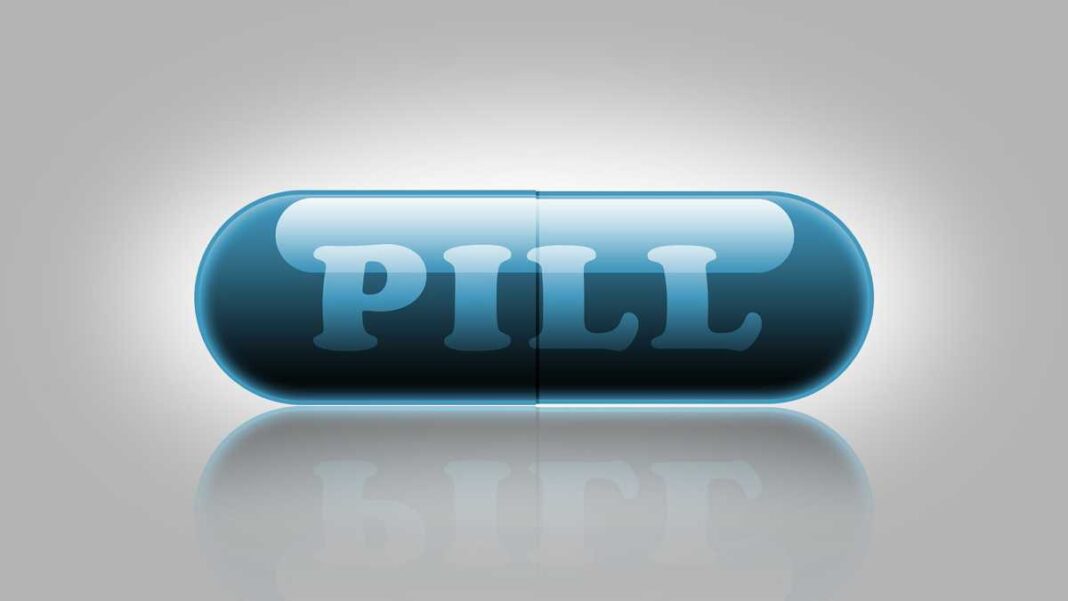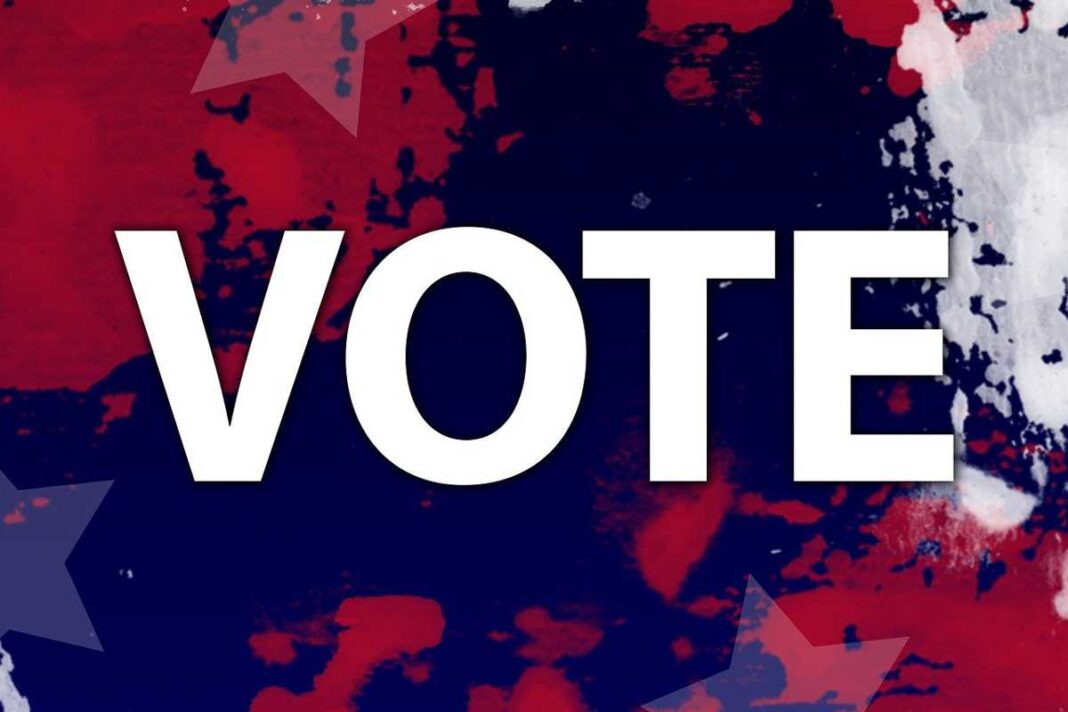New economic analysis shows significant bias in clinical trials for psychiatric drugs, potentially influencing drug approvals.
Drug studies sponsored by drug manufacturers tend to report higher drug efficacy than studies not sponsored by the drug company, a new report published in the Journal of Political Economy on Oct. 7 finds.
The report found a “sponsorship effect” that tends to bias sponsored studies toward reporting higher drug efficacies. The author could not find differences in study design between those funded by drug companies and those not.
“Removing the sponsorship effect would reduce the difference in efficacy … by about 50%,” Tamar Oostrom, an assistant professor of economics at Ohio State University, said in her paper.
Drug studies sponsored by drug manufacturers tend to report higher drug efficacy than studies not sponsored by the drug company, a new report published in the Journal of Political Economy on Oct. 7 finds.
The report found a “sponsorship effect” that tends to bias sponsored studies toward reporting higher drug efficacies. The author could not find differences in study design between those funded by drug companies and those not.
“Removing the sponsorship effect would reduce the difference in efficacy … by about 50%,” Tamar Oostrom, an assistant professor of economics at Ohio State University, said in her paper.
“If some of the results from a clinical trial are biased, patients may be taking a less effective drug for them, or they may be taking a drug when alternate treatment might be more beneficial,” Oostrom said.
Her research analyzed the published papers of 509 trials and 1,215 treatment arms (groups of participants). Most of the trials were published after the drug gained approval from the U.S. Food and Drug Administration (FDA). About three-quarters of them examined were for antidepressants, with the remaining quarter for antipsychotic medications.
“My paper is the first to examine the effect of financial sponsorship on outcomes by directly comparing a large set of trials in which the exact same arms are tested with differing financial interests,” Oostrom said.
By Huey Freeman









